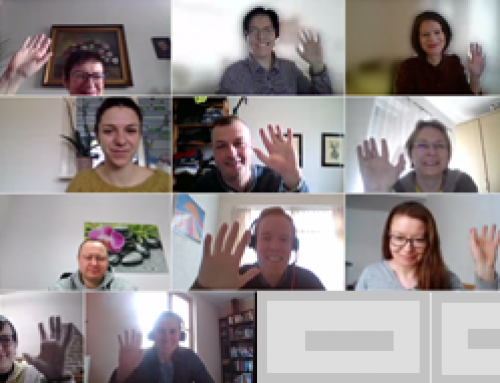Report of the POWER4BIO e-conference

We had a very successful month-long e-conference between March and April 2019 with more than 250 participants coming from the 10 POWER4BIO participant regions and their neighbouring regions.
The e-conference has shown many common themes emerge in stakeholders’ answers. In general, the survey reported a high level of interest among respondents but found that these stakeholders were often not up-to-date with the relevant terminology and regional developments concerning bioeconomy-related topics. Respondents were able to provide many ideas for potential collaboration networks and entities to spearhead bioeconomy strategies in almost every case. The evaluation of the sectors relevant to the bioeconomy typically had agriculture, the food industry, forestry, and renewable energy in common, with considerable variation in other relevant sectors by region.
‘Financial problems’ and ‘sufficient demand for advanced bio-based products’ were included among problems facing feedstocks in existing value chains in almost every conference, as were ‘lack of knowledge of consumers’, ‘high costs’, and ‘trust in old products’ as obstacles to bio-based products entering the market. Respondents identified ‘deepening communication and knowledge transfer’, ‘creating/extending joint research and development actions’, and ’close cooperation with local vocational schools and universities to create the basis for a competitive workforce’ nearly universally as relevant collaboration strategies between regions. Stakeholders largely agreed on the nature of the benefits and bottlenecks of public and private funding (reliability and complex administrative processes for the former, rapidly shifting priorities and more streamlined administration in the case of the latter), and overwhelmingly saw EU, national, and local governing bodies as the primary source of current funding for bioeconomy initiatives. Overall, responses suggested the presence of many interested actors and unexploited strategic lines relevant to the bioeconomy across all regions, but stressed the need for more decisive, focused efforts toward their engagement.
For further information, follow us




